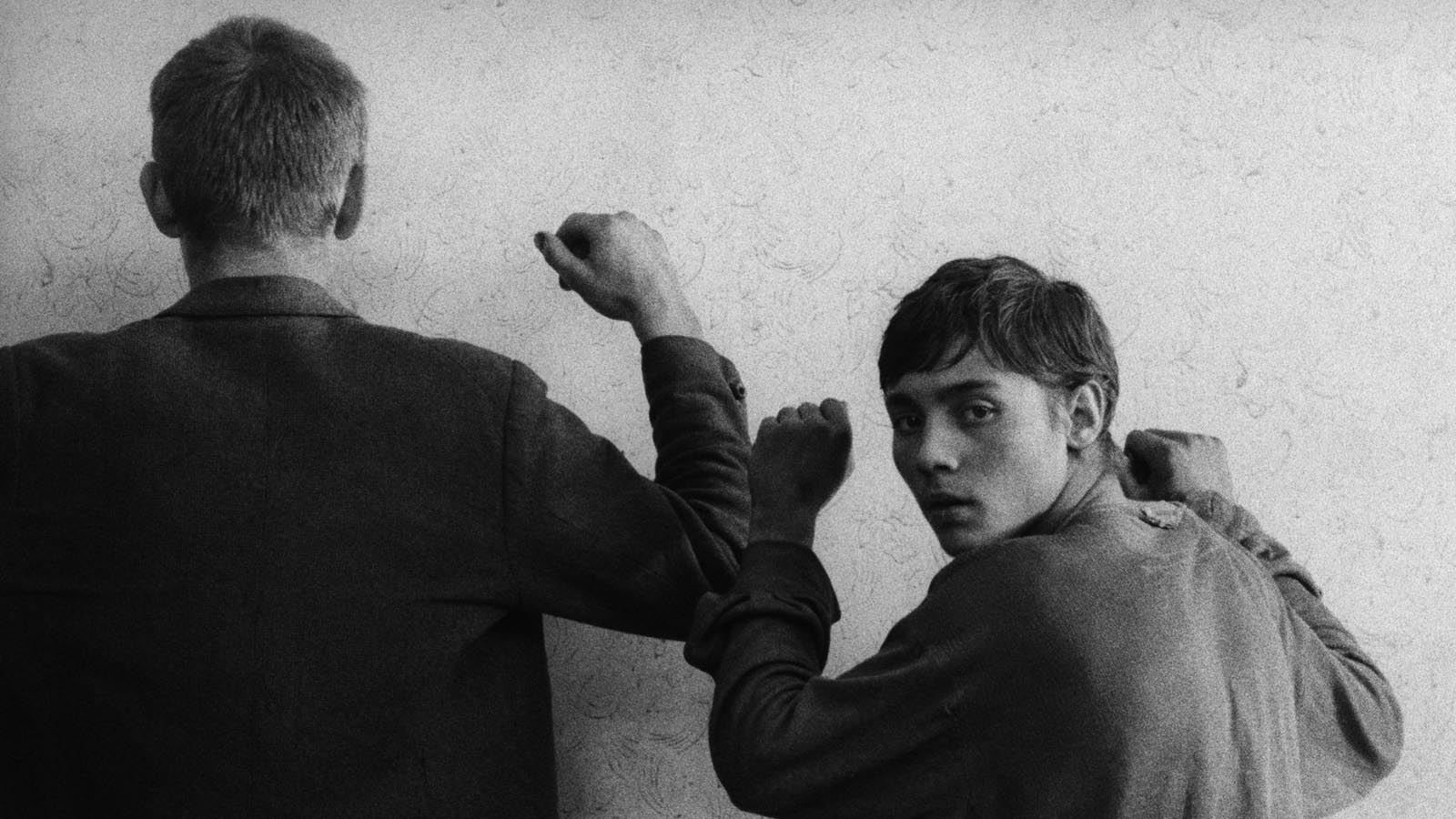The Czechoslovak New Wave Rolls On

Beginning in the early 1960s, an informal network of filmmakers launched what would eventually be referred to as the Czechoslovak New Wave, which would continue to the night in August 1968 that Soviet tanks rolled into Czechoslovakia, putting an end to that year’s Prague Spring. As Michael Koresky has written in the essay that accompanies our box set collecting a good handful of classics from the movement, “the films produced during this stretch were so stylistically inquisitive, so sophisticated in their use of metaphor, and so unlike anything being made anywhere else in the world in tone and content that they grabbed the attention of the international film community.” And they’re holding it to this day. New restorations slated to premiere in Cannes and Karlovy Vary, an ongoing series in London, and another one running later this month in New York all testify to our ongoing fascination.
Before he rebooted his career in Hollywood and directed such hits as One Flew Over the Cuckoo’s Nest (1975) and Amadeus (1984), Miloš Forman, like many of the CNW directors, studied at FAMU, the national film school in Prague. His first feature, Black Peter (1963), won the Golden Leopard in Locarno, and his second, Loves of a Blonde (1965), was nominated for an Oscar for best foreign language film. In 2002, Dave Kehr wrote that Loves “remains an amazing balancing act of subtle social satire and adolescent romantic longing, of blank despair and irrepressible hope.” The new restoration screening in the Cannes Classics program will be accompanied by Helena Trestikova and Jakub Hejna’s Forman vs. Forman, a documentary chronicling the life of the director, who passed away just over a year now.
Next month, the Karlovy Vary International Film Festival will present a lesser known and decidedly darker landmark of the CNW, The Cremator (1969), directed by Juraj Herz and shot by Stanislav Milota, both of whom also died last year. Set during the Nazi occupation of Prague, the film centers on a crematorium operator whose sympathies begin to drift toward the fascists. “Much of The Cremator’s ability to evoke feelings of horror can be attributed to its combination of expressionistic cinematography and gothic mise en scène,” wrote Adam Schofield for Senses of Cinema in 2007.
London’s Close-Up Film Centre will screen The Cremator next Wednesday as part of its current CNW series and notes that director Peter Strickland (Berberian Sound Studio, The Duke of Burgundy) claims he’s “never seen a film display such morbid euphoria.” On Friday, Close-Up will present Valerie and Her Week of Wonders, an adaptation of a novel by Czechoslovakian surrealist Vítězslav Nezval cowritten by director Jaromil Jireš and Ester Krumbachová, who also oversaw production design on the 1970 film. The undersung achievements of Krumbachová will come in for some overdue attention when New York’s Film at Lincoln Center stages its series, subtitled Unknown Master of the Czechoslovak New Wave, from May 24 through 29.
In one way or another, Krumbachová had a hand in some of the most vital works of the CNW. She cowrote Daisies (1966) with director Věra Chytilová and designed the costumes. She designed the sets for Karel Kachyňa’s The Ear (1970) and, as CNW expert Irena Kovarova pointed out last month, the costumes for Diamonds of the Night (1964), directed by her then-husband, Jan Němec (they divorced in 1968 and Krumbachová passed away in 1996). Talking to Ivana Košuličová in the Central Europe Review in 2001, Němec called Krumbachová “a muse, a shadowy eminence of films from the 1960s” and “a multicultural European. Her roots were in Hungary, there was a large portion of Jewish blood in her, and she had German predecessors . . . She also taught film how to utilize the impact of different arts. She drew perfectly, she wrote, and also made miniatures, costume jewelry, and statuettes. Her best work, though, was in film.” As part of its series, Film at Lincoln Center will present the only film Krumbachová directed. “A groovy mélange of ’60s lounge muzak, eye-popping art direction, and sumptuous Czech cuisine,” promise the programmers, The Murder of Mr. Devil (1970) “is a subversive anti-rom-com that coolly cuts male chauvinism down to size and luxuriates in female pleasure, desire, and liberation.”
For news and items of interest throughout the day, every day, follow @CriterionDaily.



